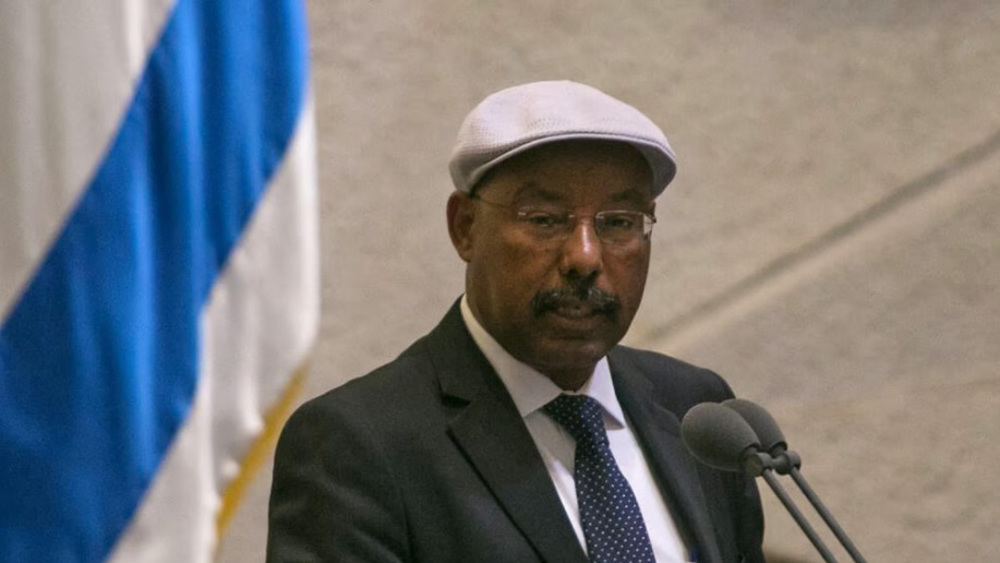Amnesty raps Kenya for eviction of Somali refugees
Amnesty International has censured Kenya for compelling Somali refugees to go back to their conflict-ridden country and face death just two weeks before a deadline to close the world's largest refugee camp.
The human rights group said in a report on Tuesday that the returned refugees risk getting killed or forcibly recruited into the al-Qaeda-linked al-Shabab group.
Kenya said in May that it sought to shut down the Dadaab refugee camp, the world’s largest refugee site, which hosts more than 280,000, by year-end.
Nairobi says some of the asylum seekers in Dadaab, which is near the Kenya-Somalia border, are being used by Somalia-based al-Shabab militants to launch terrorist attacks inside Kenya.
“The refugees are caught between a rock and a hard place,” Michelle Kagari, Amnesty International’s deputy director for East Africa, the Horn and the Great Lakes, said.
"Kenyan government officials are telling them they must leave by the end of the month (November) or they will be forced to leave without any assistance," she said.
“These actions contravene the Kenyan government’s assurances to the international community that it would ensure all refugee repatriations are voluntary and carried out in safety and dignity.”
The rights group said its researchers visited the camp in August, where they interviewed 56 refugees individually and held group discussions with 35 others.

The report cited the accounts of two brothers, aged 15 and 18, who went to Somalia in January 2016 and then returned to the camp after just four months.
The two said their father was killed in front of them and they were forced to join the Takfiri group in Somalia, adding they eventually managed to flee the group and return to the camp.
The report contradicts Kenya’s accounts that the evacuation of Dadaab is being conducted in accordance with international law.
On Monday, a spokesman for Kenya’s Interior Ministry said his country would miss its deadline to close Dadaab by the end of November as Somalia could not yet guarantee basic social services for returning refugees.
Mwenda Njoka said there were currently about 250,000 people at the camp, adding between May and October more than 30,000 had moved voluntarily.
Somali has been the scene of deadly clashes between government forces and al-Shabab militants since 2006. The group has been pushed out of the capital, Mogadishu, and other major cities by government and African Union troops but continues to carry out attacks in Mogadishu.
The Shabab has a long record of launching attacks in Kenya as revenge for the country’s contribution to the African Union’s mission which seeks to bolster the Somali government.

Top Israeli diplomat expelled from African Union summit

US revokes all visas held by South Sudanese passport holders

US considering ‘rare earths’ deal with DR Congo: Report
VIDEO | Divisions in Israel over Gaza war
IAEA chief due in Tehran on Wednesday ahead of fresh Iran-US talks
Mike Huckabee, new US envoy to Tel Aviv, once said 'there is no such thing as Palestinian'
VIDEO | Is Turkey a friend or an enemy?
VIDEO | Iran-U.S. indirect negotiations in Oman
Diplomatic tension flares as Algeria threatens to expel 12 French officials
One year since Op. True Promise I, when Zionist entity unraveled like spider’s web
More Palestinians fall victim as Israeli forces, settlers step up aggression across West Bank







 This makes it easy to access the Press TV website
This makes it easy to access the Press TV website